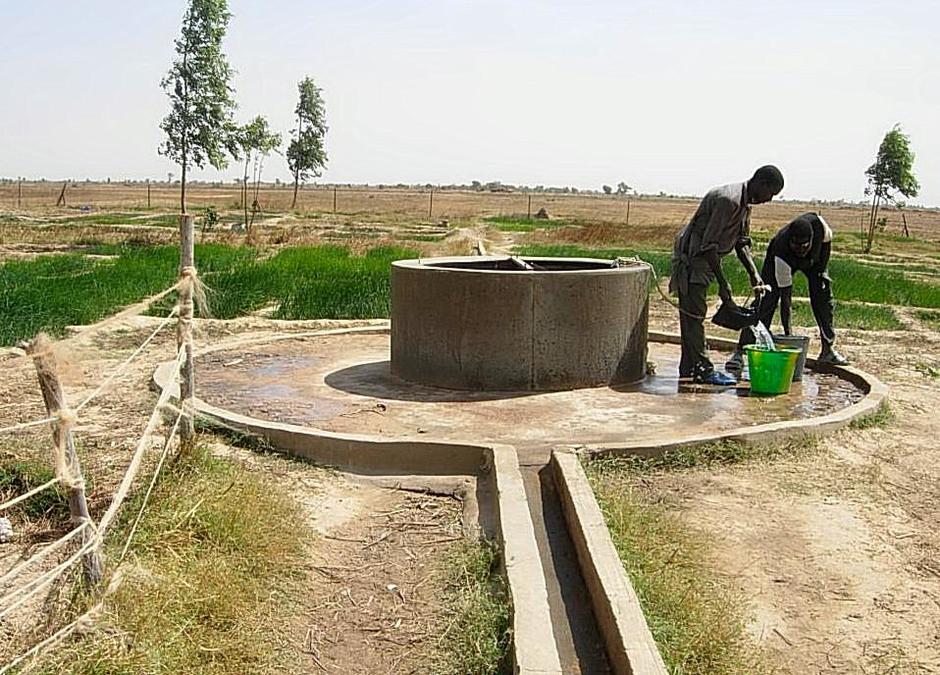
Humanitarian and Development
Place
Village of Tiaboli, region of Mopti, Mali
Sponsor
Loïc Evenat
Grant
€6,000 to the Selection Committee at 2011/01/18
Project leader
APALEF
The nonprofit APALEF has been active in Mali since the year 2000 and participates in the economic development of the town of Fatoma, one of the 15 communes of the region of Mopti.
It carries out micro-projects in priority sectors (village water supply and food safety, training, creation of income generating activities). To further the development of the village of Tiaboli, whose economy is essentially based on cereal farming, the nonprofit has set up a two-part project: the development of truck farming; and the installation of millet mills.
Freeing up spare time to practice truck farming
Besides a more balanced diet for the village population, the sustainable cultivation of truck-farming crops will help sell the surplus production on the markets of Fatoma and Sevare, a significant plus for the local economy. But the development of this new economy requires some availability that the women cannot offer at the present time, due to the indispensable, long and tiresome chores of grinding; hence the concept of the project: "a mill, a garden". With the operation of the collective millet mills, at the rate of one per village, this will make the women available for other tasks. Each mill is allocated in a rural zone to a group of women.
The Veolia Foundation is financing the drilling of the well and the purchase of the equipment required to create a truck farming zone, a simple, direct project, whose implementation will have a positive and virtually immediate impact on the everyday life of the villagers.

